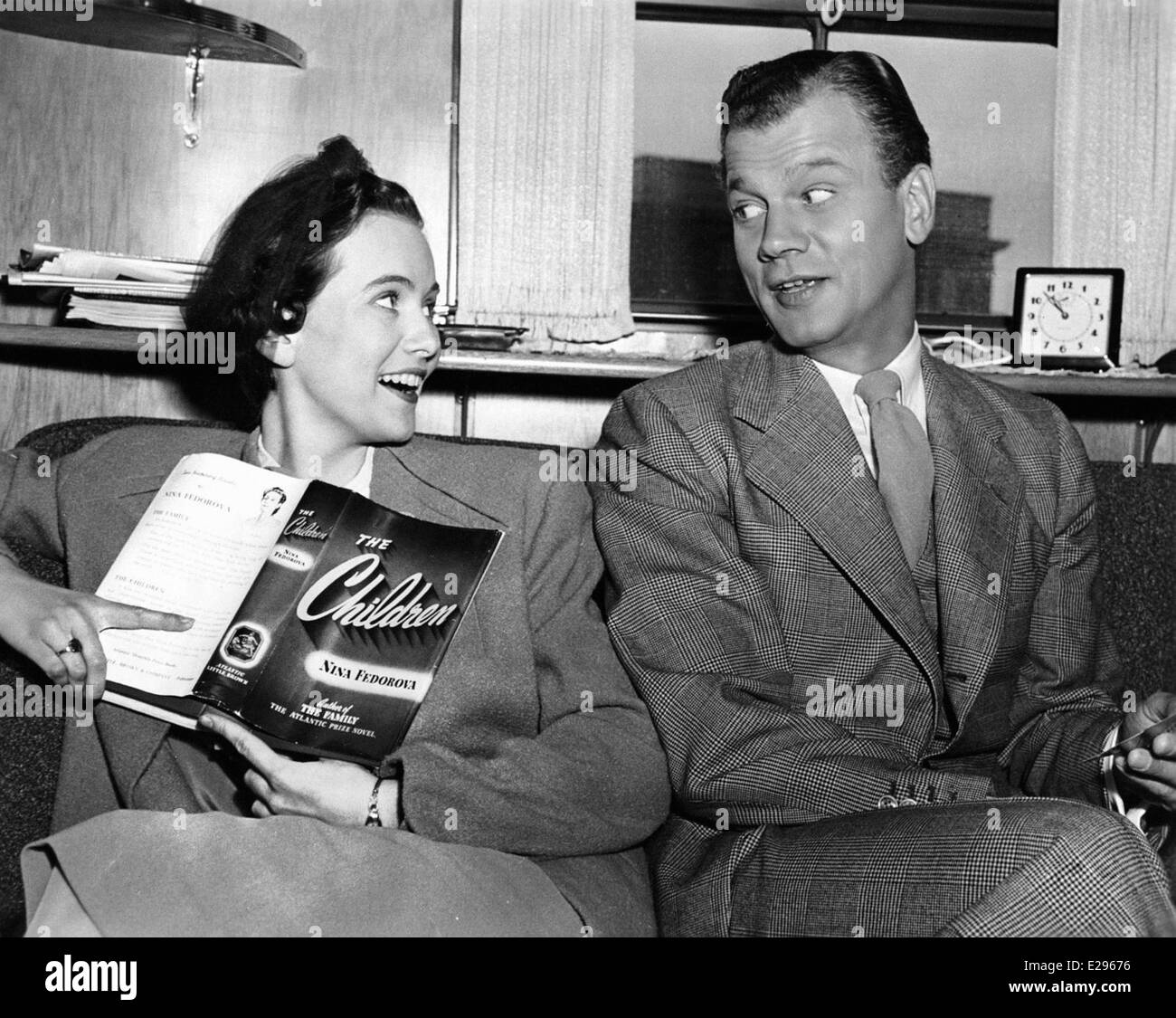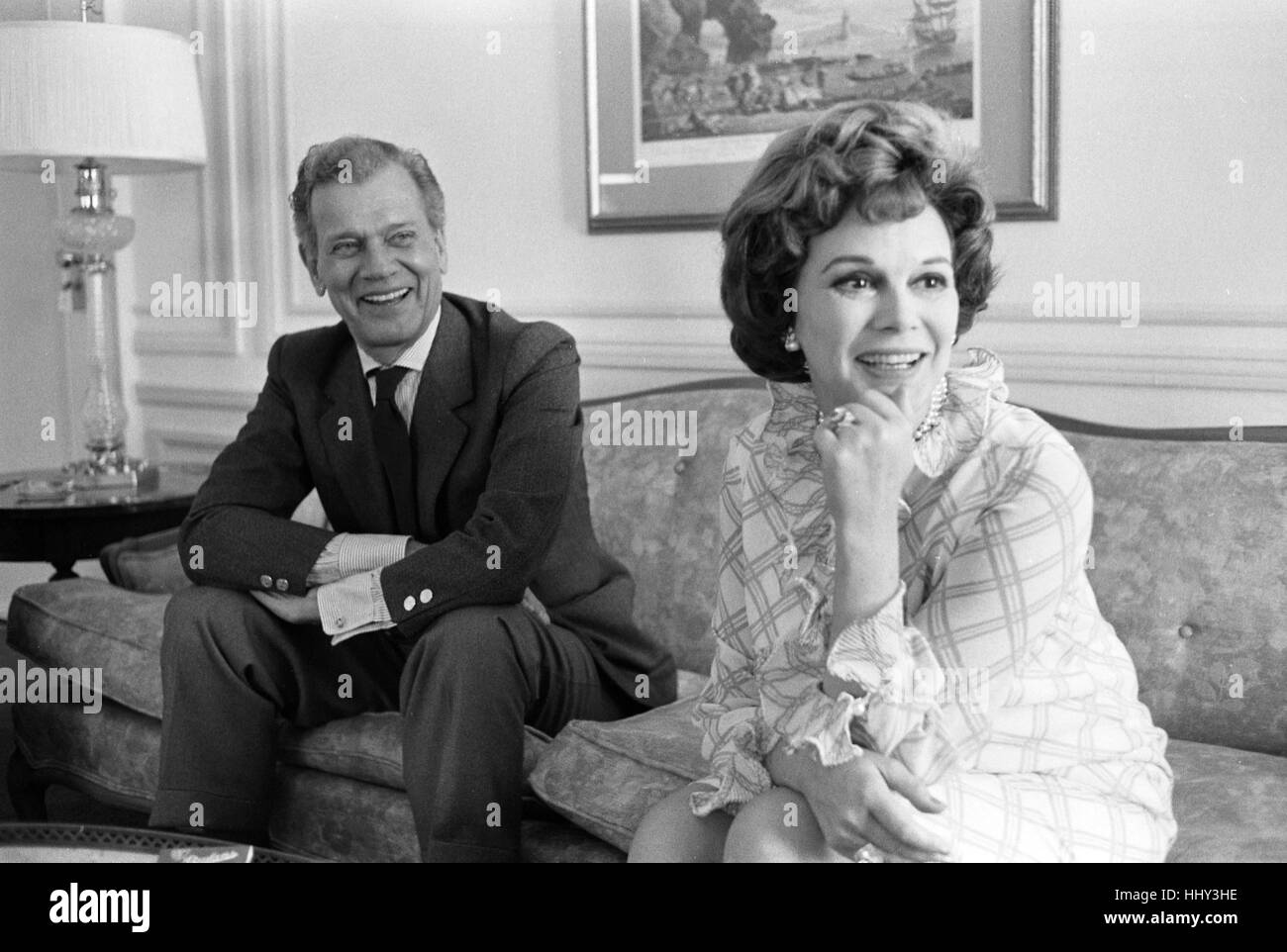Did the suave and sophisticated Joseph Cotten, the star of stage and screen, leave behind a legacy of children? While his on-screen presence often exuded paternal warmth, the reality of his personal life presents a different picture.
Joseph Cheshire Cotten, the name synonymous with classic Hollywood elegance, captivated audiences for decades. Born on May 15, 1905, in Petersburg, Virginia, Cotten rose to prominence through his memorable performances on Broadway and in film, solidifying his place in entertainment history. His collaborations with Orson Welles, particularly in "Citizen Kane" (1941), "The Magnificent Ambersons," and "The Third Man" (1949), remain iconic. But beyond the accolades and the captivating roles, a question lingers: Did this celebrated actor have children of his own?
| Category | Information |
|---|---|
| Full Name | Joseph Cheshire Cotten |
| Birth Date | May 15, 1905 |
| Birth Place | Petersburg, Virginia, USA |
| Death Date | February 6, 1994 |
| Death Place | Los Angeles, California, USA |
| Occupation | Actor (Stage, Film, Radio, Television) |
| Years Active | 1930 - 1981 |
| First Wife | Leonore Kipp (Married 1931, Died 1960) |
| Second Wife | Patricia Medina (Married 1960, Remained married until Cotten's death) |
| Notable Works | Citizen Kane, The Third Man, Shadow of a Doubt, Portrait of Jennie, The Philadelphia Story, Sabrina Fair |
| Associated With | Orson Welles, Mercury Theatre |
| Parents | Joseph Cheshire Cotten, Sr., Sally Whitworth (Willson) Cotten |
| Siblings | Whit Cotten, Sam Cotten |
| Children | None from either marriage. One stepdaughter, Judy, from Patricia Medina's previous marriage. |
| Reference | Joseph Cotten IMDB |
The records are clear: Joseph Cotten had no biological children from either of his marriages. He was married twice, first to Leonore Kipp, from 1931 until her death in 1960, and later to British actress Patricia Medina, from October 20, 1960, until his death on February 6, 1994. While he shared a loving bond with Patricia Medina, no children were born from their union. Patricia Medina had a daughter from a previous relationship named Judy. Cotten embraced Judy as his own stepdaughter and formed a close, familial bond with her.
- Breaking Terry Francona Hired What It Means For The Reds Mlb
- I Love Chamoy On Shark Tank The Sweet Spicy Pitch Update
Born the eldest of three sons to Sally Whitworth (Willson) and Joseph Cheshire Cotten, Sr., an assistant postmaster, Joseph Cotten experienced a childhood steeped in family values. He, along with his brothers Whit and Sam, spent their summers at their aunt and uncle's home in Virginia Beach, creating memories that undoubtedly shaped his understanding of familial bonds. These experiences likely informed his sensitive and nuanced portrayals of characters on stage and screen, even if he didn't have children of his own.
Cotten's journey to stardom began on the Broadway stage, where he garnered acclaim for his performances in original productions of "The Philadelphia Story" (1939) and "Sabrina Fair" (1953). His talent quickly translated to the silver screen, where his collaborations with Orson Welles cemented his legacy. Beyond Welles, Cotten delivered memorable performances in films such as "Shadow of a Doubt," directed by Alfred Hitchcock, and "Portrait of Jennie," showcasing his versatility as an actor.
His restrained yet captivating performances, particularly during the 1940s, earned him admiration from critics and audiences alike. Cotten's acting style was a unique blend of subtle sophistication and effortless charisma, setting him apart from his contemporaries who often favored a more theatrical approach. This understated naturalism made his characters relatable and believable, further enhancing his appeal.
- Discovering Flip Wilson Comedy Legend His Enduring Legacy
- Phil Amy Mickelson A Love Story On And Off The Green
While Cotten's professional life flourished, his personal life faced its own challenges. His first wife, Leonore Kipp, reportedly disliked traveling, leading to frequent separations between the couple, especially in the 1940s. Despite these challenges, their marriage lasted until Leonore's passing in 1960. Later that year, Cotten found love again with Patricia Medina, marking a new chapter in his life.
Interestingly, Cotten's connection to children, or lack thereof, became a point of discussion in certain anecdotes. One such story, recounted by David Niven, involves an incident where Cotten, dressed as Santa Claus, allegedly elicited tears from some children due to his breath. While this may be a humorous exaggeration, it highlights the public's fascination with Cotten's persona and his interactions with the younger generation.
Joseph Cotten's legacy extends beyond his filmography. His autobiography, "Vanity Will Get You Somewhere," offers a glimpse into his life and career, providing valuable insights for aspiring actors and film enthusiasts. His contributions to the Mercury Theatre, alongside Orson Welles, further solidified his place in theatrical history. Not long ago, Cotten was portrayed by actor James Tupper in "Me and Orson Welles" (2008), a film about the Mercury Theatre's 1937 stage production of Julius Caesar, demonstrating his enduring relevance in popular culture.
Although Joseph Cotten did not have biological children, his impact on the world of entertainment is undeniable. His performances continue to captivate audiences, and his legacy as a talented and respected actor remains secure. His story serves as a reminder that family extends beyond bloodlines and that one can leave a lasting impact on the world through their art and their actions.
While the question of "Joseph Cotten child" might lead down a path of genealogical inquiry, the more compelling story lies in his artistic contributions and the relationships he cultivated throughout his life. He may not have had children of his own, but he left behind a body of work that continues to inspire and entertain generations.
Andrew L. Stone's work, for instance, features Joseph Cotten in roles involving children, such as racing to the bedside of a niece or interacting with a nephew, as seen in "Blueprint for Murder" (1953). These on-screen portrayals, while not reflective of his personal life, demonstrate his ability to connect with audiences through diverse character interpretations.
Even without children, Cotten's life was rich and full. He was a dapper and suave American actor who graced the stage, films, television, and radio. His talent transcended mediums, earning him recognition across the entertainment spectrum. The Film Society of Lincoln Center has even celebrated the cinema of 1977, a year far removed from Cotten's peak, yet indicative of the lasting impact of classic Hollywood cinema, in which he played a significant part.
In conclusion, while Joseph Cotten did not have any biological children, his life was far from empty. He was a beloved husband, a respected actor, and a significant figure in the history of entertainment. His legacy lives on through his films, his performances, and the memories he created for audiences around the world. His story reminds us that parenthood is not the only measure of a life well-lived and that one can leave an indelible mark on the world through their talents and passions, regardless of their familial status.
- Hells Kitchen S23 Winner Kyles Tears Of Joy Future
- Who Is Sam Chui Aviation Adventures Travel Secrets Revealed


